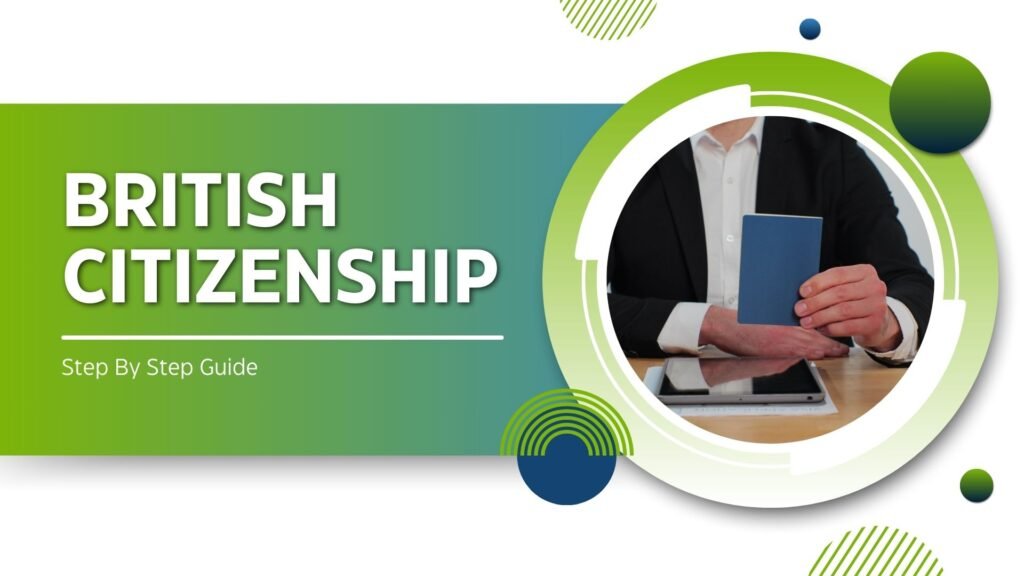British Citizenship Applications
If you wish to obtain British Citizenship in the UK, get help from our solicitors in Manchester.
Call solicitors in Manchester on 01614644140 for immediate help & assistance with your British Citizenship application. Our British Citizenship lawyers are here to help you in person, via the phone or via online chat.
Benefits of Choosing Solicitors In Manchester for Your British Citizenship Application
Our immigration lawyers in Manchester ensure a stress-free British Citizenship application process with personalized guidance, document checks, and communication with the Home Office.
Applying for British citizenship is a significant milestone, and getting professional legal support can make a critical difference. Choosing solicitors in Manchester to guide you through the process offers numerous benefits, especially if you’re navigating complex immigration rules or want peace of mind.

British citizenship requirements
To apply for British citizenship by naturalisation, you must generally:
- Be aged 18 or over
- Have lived in the UK for at least 5 years (or 3 years if applying as a spouse/civil partner of a British citizen)
- Have held Indefinite Leave to Remain (ILR) or Settled Status for at least 12 months (unless applying as a spouse)
- Meet the continuous residence and absence requirements
- Meet the English language requirements
- Pass the Life in the UK Test
- Be of good character (no serious criminal record or immigration breaches)
- Intend to continue living in the UK
Routes to British Citizenship
How you get British citizenship will depend on your circumstances and eligibility. The main ways to get UK citizenship are:
- British citizenship by naturalisation
- British citizenship by descent
- British citizenship by birth
- British citizenship by marriage
- Settled status to UK citizenship
British Citizenship by Naturalisation
British citizenship by naturalization is the most common path for individuals born outside the UK who do not have a British parent to become British citizens. It involves meeting specific requirements, including a period of lawful residence, permanent immigration status, good character, and passing the “Life in the UK” test. Additionally, a citizen must take an oath of allegiance to the Crown.
British Citizenship by Descent
British citizenship by descent applies to individuals born outside the UK who may acquire British nationality through a parent or, in limited cases, a grandparent who is a British citizen. This form of citizenship is generally passed down only one generation to children born abroad.
Unlike British citizens “otherwise than by descent” (typically those born or naturalised in the UK), British citizens by descent cannot automatically pass their citizenship to children born outside the UK. This can have important implications for families living overseas.
Who Qualifies for British Citizenship by Descent?
You may automatically be considered a British citizen by descent if:
- You were born outside the UK, and
- One of your parents was a British citizen at the time of your birth.
Your parent must have:
- Been born or adopted in the UK,
- Become a British citizen through naturalisation or registration, or
- Been working as a Crown servant at the time of your birth.
What if You Are Not Automatically a British Citizen?
If you do not automatically qualify, you may still be eligible to register as a British citizen by descent, depending on your specific circumstances, such as your parent’s immigration status or if you have a strong connection to the UK.
British Citizenship by Birth
Not everyone born in the UK is automatically a British citizen. Whether you acquire British citizenship by birth depends on when and where you were born, as well as your parents’ immigration or citizenship status at the time of your birth.
Born in the UK Before 1 January 1983
If you were born in the UK before 1 January 1983, you are likely to be a British citizen by birth, regardless of your parents’ status.
Born in the UK on or After 1 January 1983
If you were born in the UK on or after 1 January 1983, you will usually be a British citizen by birth only if at least one of your parents was either:
- A British citizen, or
- Legally settled in the UK (e.g. holding indefinite leave to remain or permanent residence) at the time of your birth.
If your parents did not meet these requirements, you may not be a British citizen automatically, but you could be eligible to register as a British citizen later on.
Citizenship Through Marriage or Civil Partnership
If you are married to or in a civil partnership with a British citizen, you may be eligible to apply for British citizenship by naturalisation. This route is available to non-British spouses or civil partners who meet certain residency and immigration requirements.
To apply for British citizenship through marriage or civil partnership, you must:
- Be aged 18 or over
- Be married to or in a civil partnership with a British citizen
- Have lived in the UK for at least 3 years before the date of your application
- Have held indefinite leave to remain (ILR), settled status, or permanent residence for at least 12 months (unless you have EU settled status, in which case the 12-month rule may not apply)
- Have not spent more than:
- 270 days outside the UK in the last 3 years
- 90 days outside the UK in the last 12 months
- Meet the English language and Life in the UK test requirements
- Be of good character (e.g. no serious criminal record or immigration breaches)
Residence and Absence Requirements for British Citizenship
When applying for British citizenship by naturalisation, one of the key criteria you must meet is the residence requirement. This includes both the length of time you have lived in the UK and how many days you have spent outside the UK during that time.
General Residence Requirement
You must have been physically present in the UK for a certain number of years before applying:
- 5 years if you are not married to a British citizen
- 3 years if you are married to or in a civil partnership with a British citizen
Absence from the UK
The Home Office places strict limits on how many days you can have spent outside the UK during the qualifying period:
- No more than 450 days outside the UK in the 5 years before your application (if applying under the 5-year route)
- No more than 270 days outside the UK in the 3 years before your application (if applying as the spouse or civil partner of a British citizen)
- No more than 90 days outside the UK in the 12 months before the date of your application (regardless of which route you are applying under)
If you exceed these limits, your application may still be considered, but you will need to provide strong evidence of your ties to the UK and compelling reasons for your absences.
Additional Requirements
You must also:
- Have indefinite leave to remain (ILR), settled status, or permanent residence at the time of application
- Meet the English language and Life in the UK test requirements
- Be of good character
Language and Knowledge of Life in the UK
To qualify for British citizenship by naturalisation, applicants must demonstrate both English language proficiency and knowledge of life in the UK. These are essential requirements set by the Home Office to ensure successful integration into British society.
English Language Requirement
You must prove your ability to speak and understand English to at least B1 level on the Common European Framework of Reference for Languages (CEFR). You can meet this requirement by:
- Passing an approved English language test at B1, B2, C1 or C2 level from a recognised provider, or
- Having a degree that was taught or researched in English (you may need to provide a UK NARIC/ECCTIS certificate if the degree was obtained overseas), or
- Being a national of a majority English-speaking country, such as the USA, Canada, Australia, or New Zealand (full list provided by the Home Office)
Life in the UK Test
You must also pass the Life in the UK Test, which assesses your knowledge of British history, culture, values, and the UK’s political system. The test consists of:
- 24 multiple-choice questions
- A pass mark of 75% (you need at least 18 correct answers)
- A 45-minute time limit
The test must be taken at an approved test centre, and you will receive a pass certificate required for your citizenship application.
Exemptions
You may be exempt from these requirements if:
- You are aged 65 or over, or
- You have a long-term physical or mental condition that prevents you from meeting the requirements (medical evidence will be needed)
Documents Checklist for British Citizenship
When applying for British citizenship by naturalisation, you must submit a number of supporting documents to prove your identity, immigration status, residence, and eligibility. Below is a general checklist of the key documents required.
✅ Identity and Immigration Status
- Current passport (and any previous passports covering your residence period)
- Biometric residence permit (BRP) (if applicable)
- Birth certificate or national ID card (if required to support your identity)
✅ Proof of Lawful Residence
- Indefinite Leave to Remain (ILR), settled status, or permanent residence documentation
- Home Office letter confirming your immigration status (if applicable)
- EU Settlement Scheme status confirmation (if you’re an EU/EEA/Swiss national)
✅ Residence Evidence
- Travel history (including dates of entry and exit)
- P60s, payslips, or letters from employers covering the qualifying period
- HMRC records or tax documents
✅ Proof of English Language and Life in the UK
- English language certificate (minimum B1 level) from an approved provider, or
- UK NARIC/ECCTIS certificate for degrees taught in English (if applicable)
- Life in the UK Test pass certificate
✅ Marriage or Civil Partnership (if applying through a British spouse)
- Marriage or civil partnership certificate
- Spouse’s British passport or naturalisation certificate
✅ Other Documents
- Two referees’ declarations (one must be a professional such as a doctor or lawyer)
- Signed and completed application form (AN Form)
Make sure all documents are provided in English or Welsh. If not, certified translations must be included.







